Entertainment in the 2010s: Streaming, consciously uncoupling and Kardashians
The past decade has seen streaming services take centre stage.

The 2010s will be remembered as the decade of the streaming wars, as television and film watching habits were altered forever.
It has seen a shift from appointment-to-view television on the small screen and buying a ticket and popcorn at your local cinema, to consuming nearly everything on a hand-held device of some sort.
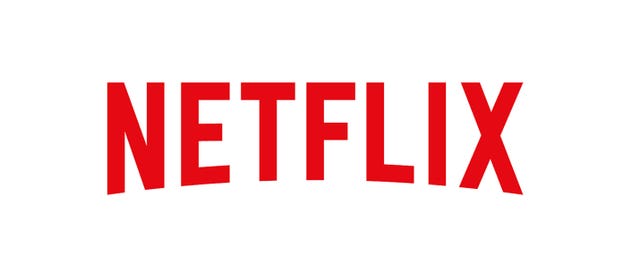
Global streaming services like Netflix, Amazon, Apple TV+ and others claimed their stake in the watching habits of people all over the world – and in doing so changed the face of consumerism irrevocably.
The launch of series like House Of Cards and Orange Is The New Black on Netflix gave rise to “binge-watching” culture and the risque internet euphemism “Netflix and chill” invaded popular vocabulary.
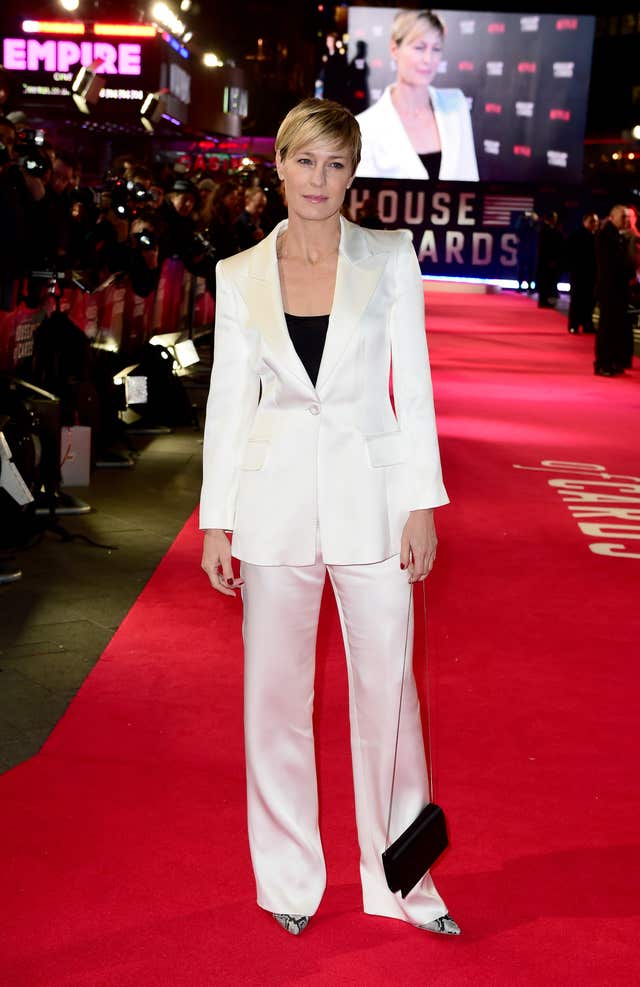
Thanks to Instagram, Twitter, Facebook and Snapchat – launched in 2011 – celebrities found a new way to connect directly with their fans. Cue self-named fan groups including Miley Cyrus’ Smilers, Beyonce’s Beyhive, Lady Gaga’s Little Monsters and Justin Bieber’s Beliebers.
Social media also gave rise to a new generation of entrepreneurs: the YouTubers and Influencers. In the digital space, harnessing and monetising a social media fanbase became a full-time job, with youngsters like Britain’s Zoella (real name Zoe Sugg) and Swedish YouTuber star PewdiePie (real name Felix Kjellberg) becoming self-made millionaires.
The newly harnessed social media collective also exposed the dark side of fame, with internet bullying and social media trolling taking centre stage.
While the noughties became the breeding ground for reality TV and nabbing 15 minutes of fame, the next decade has felt the backlash of big brother-style viewing and its impact on the people whose lives were put under the TV microscope.
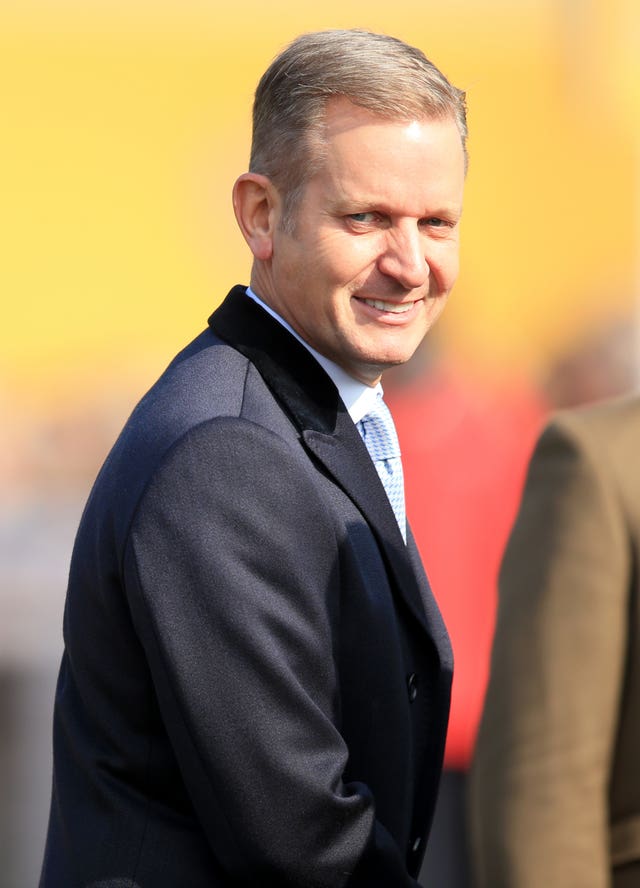
As the decade ends, a duty of care towards reality TV contestants is the new catchphrase going forward, especially following the end of former daytime TV staples like The Jeremy Kyle Show. The programme was axed following the death of a guest, and fellow ITV show Love Island also came under increased scrutiny this year over the aftercare it offered following the deaths of former contestants Sophie Gradon and Mike Thalassitis.
While some reality TV careers waned, none became stronger in the last decade than that of The Kardashian collective. The American family – Kris Jenner and her daughters Kim, Kylie, Khloe, Kendall and Kourtney – have owned the last decade as their empire expanded beyond the borders of their E! series.
The way we consumed music changed over the past 10 years, altering the charts forevermore. The widespread use of services such as Spotify and Apple Music all but heralded the death knell for traditional music formats such as CD and vinyl, although the latter has enjoyed a niche resurgence in recent years with music fans harking for the good old days.
The British invasion of music continued in the 2010s with artists such as Adele and Ed Sheeran becoming some of the biggest acts in the world. Singer-songwriter Sheeran was named number one artist of the decade by the Official Charts Company for having 12 number ones across the singles and album charts in the UK between 2010 and 2019, more than any other artist. He has also spent the most weeks in the top spot across both charts over the decade, at 79 weeks.
One of the most exciting genres of music to stake a claim on the charts in recent years is grime, the British electronic and hip-hop style that originated in London. Stormzy, Wiley and Skepta are among the artists who have helped grime enter the mainstream. Stormzy also made history in 2019 as the first black British solo artist ever to headline Glastonbury Festival.
The last decade has been huge in terms of celebrity romances, with some now-classic couples getting together and many others splitting up.
Perhaps the most memorable split of them all came when Gwyneth Paltrow and Chris Martin not only ended their marriage but also added a new turn of phrase to the modern popular lexicon when they announced they were to “consciously uncouple”.
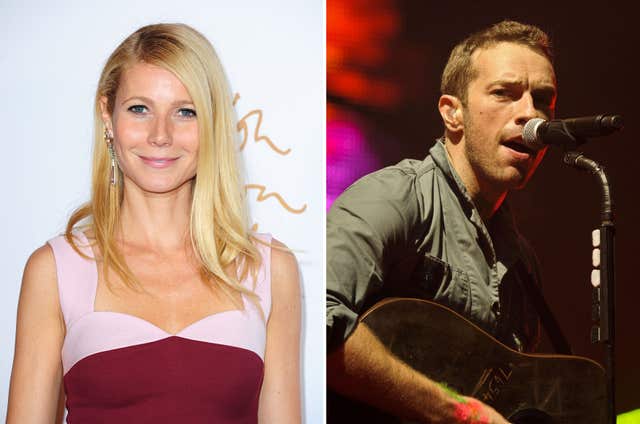
The amiable term caught on and it has now become a staple when people talk about their own break-ups. There were a handful of other major celebrity splits too, including Brad Pitt and Angelina Jolie, Tom Cruise and Katie Holmes and Jennifer Garner and Ben Affleck.
There was some good news romantically, though, as some of the most popular star couples were formed over the past 10 years, including George and Amal Clooney, Blake Lively and Ryan Reynolds and John Legend and Chrissy Teigen.
Diversity and inclusion have become buzzwords in recent years, with more and more broadcasters and people behind the scenes taking notice. On TV the BBC is among the organisations highlighting moves to make changes, hiring June Sarpong in a newly created role of director of creative diversity and offering shows such as Famalam and RuPaul’s Drag Race UK.
Jodie Whittaker also became the first woman to play the Time Lord in Doctor Who.
However many broadcasters are still working to meet their diversity and inclusion targets as we go into the next decade.
The BBC has attracted criticism since 2017 when the salaries of its highest paid stars were made public at the command of the Government. Talent such as Gary Lineker, Chris Evans and Graham Norton were revealed to be among the corporation’s highest earners, while the BBC also faced a challenge from its former China editor Carrie Gracie.
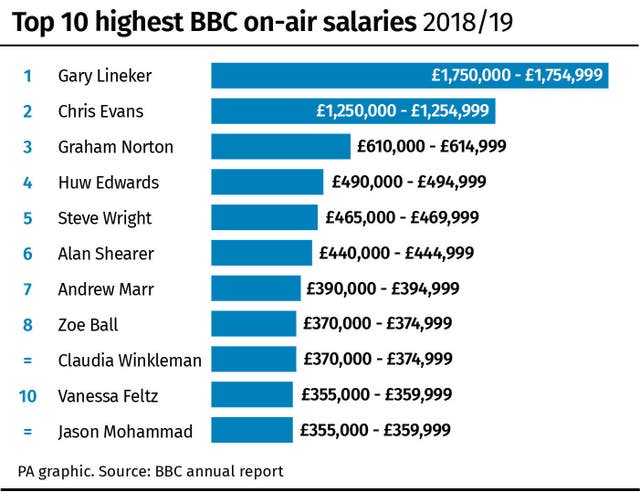
Gracie resigned from her position in January 2018 in protest at pay inequalities at the broadcaster, becoming a figurehead for other women after she made the announcement in an open letter.
On the big screen, many stars and creators have spoken out about the lack of diversity in cinema, particularly in terms of female voices and representation of people of colour. Marvel’s Black Panther in 2018 was a major moment in Hollywood and the film was praised for having a predominantly black cast with a powerful message.
But perhaps the most prominent cultural shift in Hollywood came in late 2017 following sexual assault allegations against leading film producer Harvey Weinstein. A number of major stars were among those who stepped out with claims against the mogul, including Angelina Jolie, Gwyneth Paltrow, Rose McGowan, Cara Delevingne and Lupita Nyong’o, prompting the Time’s Up campaign and the #MeToo movement, which encouraged people to share their own experiences of harassment to raise awareness.
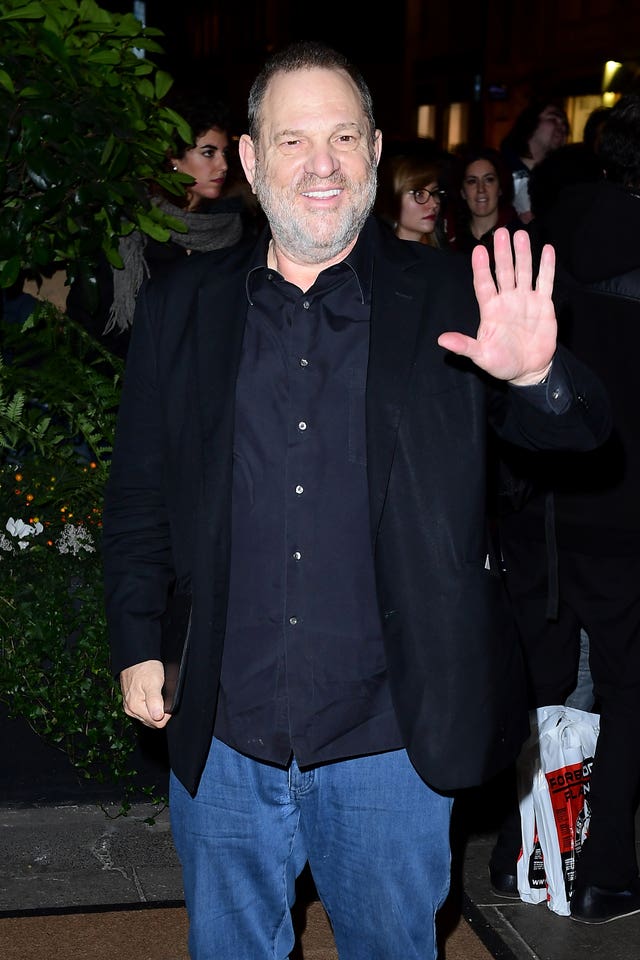
Since then, women in the industry have demanded equality across all jobs, and other names have faced allegations of sexual misconduct since Weinstein, who denies all accusations of non-consensual sex.
The 2010s saw the deaths of a large number of major Hollywood, music and TV stars, with perhaps the most shocking year being 2016 when David Bowie, Prince, George Michael, Victoria Wood, Alan Rickman, Carrie Fisher, Caroline Aherne and Sir Terry Wogan died.
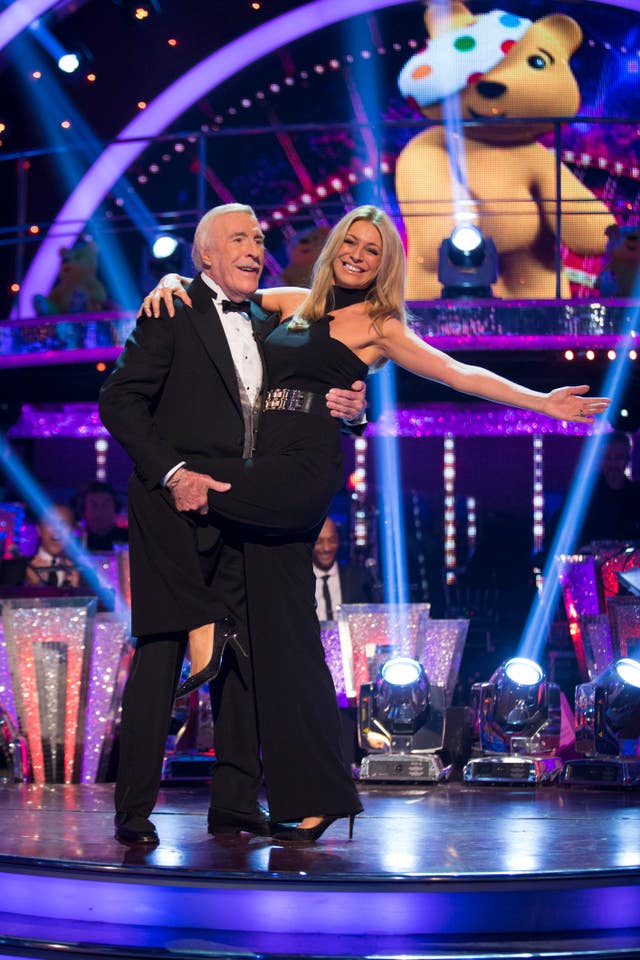
Other deaths that shook fans were Amy Winehouse in 2011, Whitney Houston in 2012, Paul Walker in 2013, Robin Williams in 2014, Sir Bruce Forsyth in 2017, and Luke Perry and Keith Flint in 2019.





